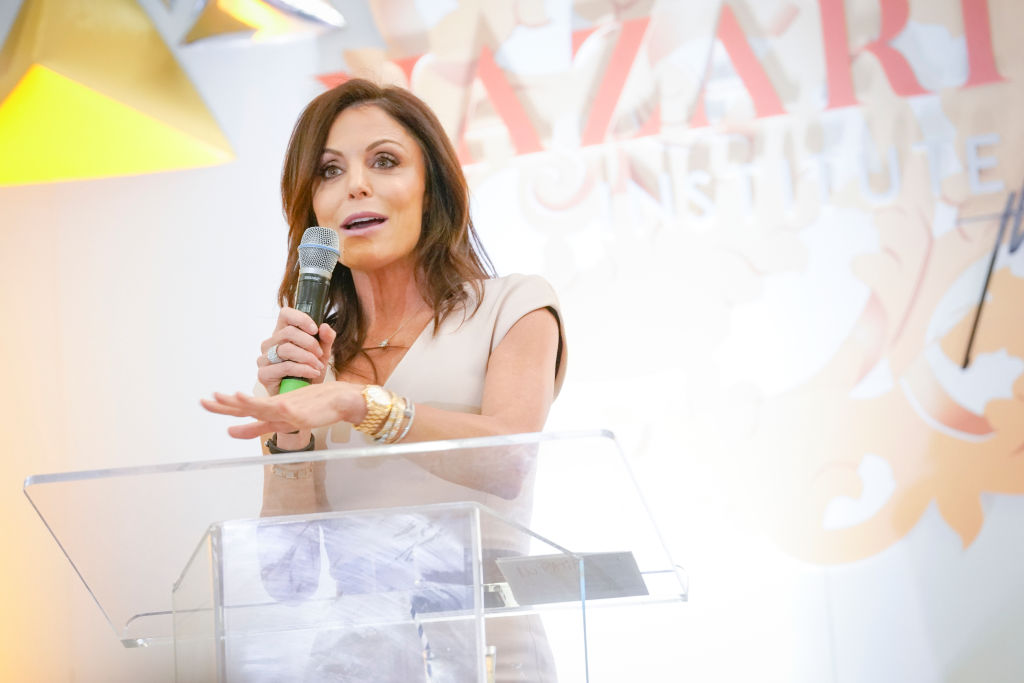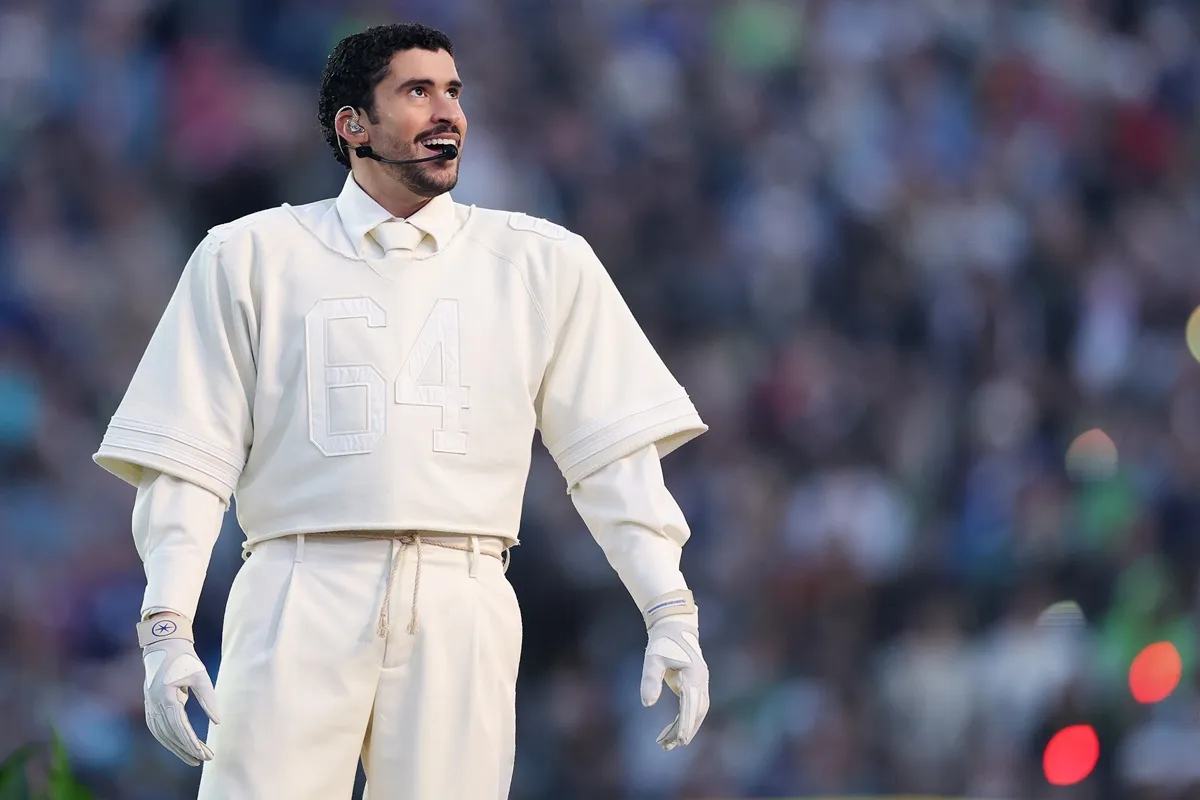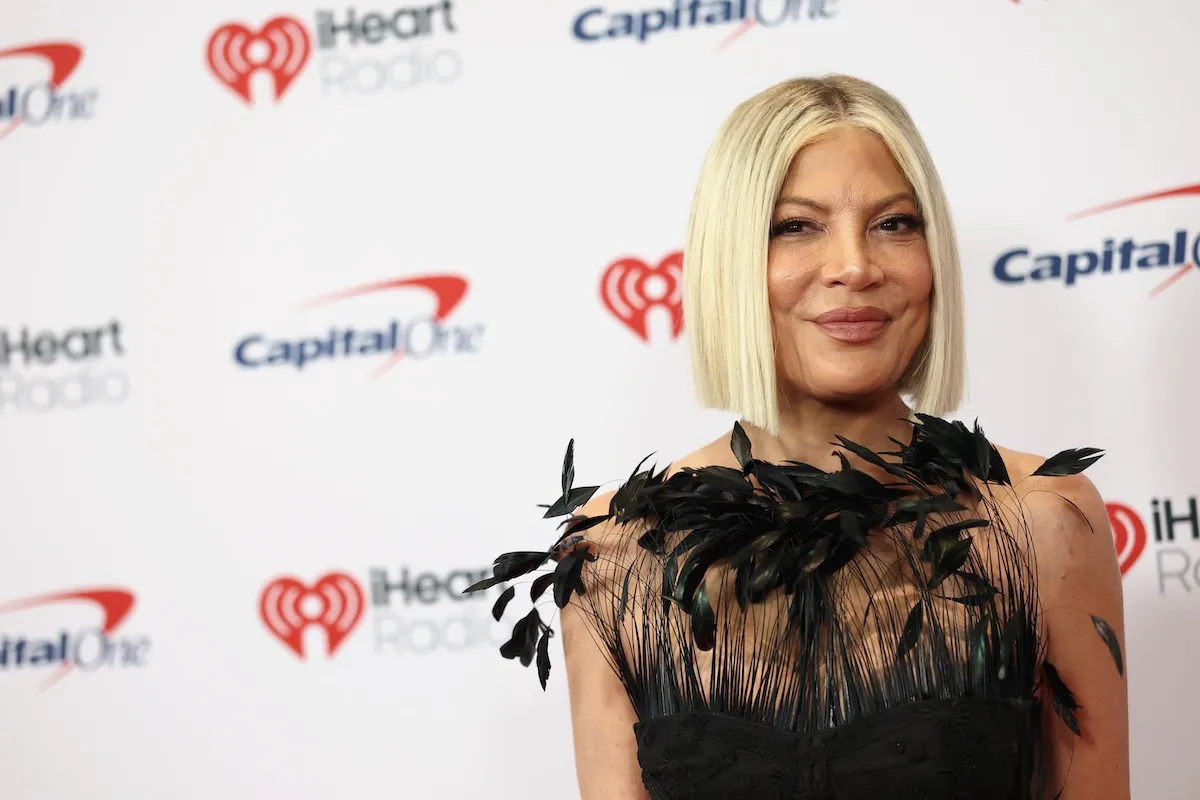‘Real Housewives of New York’ Bethenny Frankel Said This Was Her Biggest Money Mistake
Bethenny Frankel of Real Housewives of New York has more than proven herself as a successful entrepreneur, launching her popular Skinnygirl brand in 2009 and selling it for an estimated $100 million in 2011, according to People.

Although the business mogul obviously knows how to handle and leverage finances, she admits to making mistakes along the way. In a recent interview with InStyle, Frankel talked about her career journey, negotiation strategies, biggest financial regret, and the infamous Bravo TV reality show with her Housewives friends.
Skinnygirl success
Though Frankel started her brand in 2009, she didn’t feel financially stable until she sold her company. “I didn’t feel financially independent until the Skinnygirl deal in 2011. Even if people are saving all the time, it’s hard to acquire wealth unless you make a pile. It’s easy to have money, spend, and save. But you have to save a lot more money than you think to make a real dent and have security,” Frankel told InStyle. She went on to say that there are basically two ways to be monetarily secure. “You have to either be very diligent in saving or investing, or have what I call an event, like a transaction, which is what my Skinnygirl deal was,” Frankel said. “By the same token, though, it’s expensive to continue to grow a business after your one hit. You have a staff, offices, insurance, and trademark lawyers. It’s expensive to protect yourself. So you’ve got to rocket to the launch and stay on. Or, once you become really successful, you can cash out and not work anymore.”
Know how to negotiate
When asked about her negotiation style, Frankel stressed fairness. “I’m not overly aggressive; I’m extremely fair. I think that both people should be a little uncomfortable, and yet both parties should ultimately be happy. Everyone should be taking a risk but also having a reward,” she told InStyle. “I’m a very straightforward negotiator with buying houses and doing business. I know what I want, the number I want, and that’s what I say.”
The reality star also said that in business, you often deal with familiar faces. “You end up running into a lot of the same people, too, so if you’re negotiating a contract—whether it’s Bravo or lawyers or Shark Tank—everybody sort of knows who they’re dealing with,” Frankel said. “If your person asks for an astronomical number but then ends up settling for something far from it, they know that the next time you’re in a weak position. If I’m looking to buy a house in the Hamptons, I’m offering the number that I’m offering. I’m not playing any games. I’m very straightforward about everything, and I take care of people. If I do a deal and want to give my staff a bonus, I’m very fair.”
Frankel reflected on her earlier years, when she first started on the Bravo TV reality show and wasn’t taken very seriously in business. “I was a person that Bravo was hiring for $7,250 for the entire first season of [Real Housewives],” she said. “But I knew what I wanted, which was to keep anything that I did in business. If you go on a reality show, you have to give a percentage [of any business you promote on the show] to the network—but I never did that. The industry ended up calling it ‘The Bethenny Clause.’ So that was very destructive in the industry, but I only got paid $7,250—and I was keeping whatever I earned. But I was nobody; I had accomplished anything yet, really.”
Lesson learned
The Skinnygirl founder also shared what she considers her biggest financial regret. “My biggest money mistake was not checking the right box on a contract about whether my company was an LLC or an S Corp. It cost me millions of dollars when I sold. But that’s just a mistake. [It’s important to have] the right business managers and accountants and all that type of stuff,” she said.
As for her being one of the Real Housewives of New York, Frankel has gratitude for the show, and sees the levity it can provide. “I think there’s ultimately a satire and a comedy, and if you can think of it that way, humor always wins out. I find it to be absurd,” she told InStyle. “And I find myself to be in a lucky position to be able to kind of narrate and observe this dynamic of women. All the women, they’re all going through something, whether it’s divorce or financial issues or infidelity or menopause. It shows where we’re all at in our lives, and I’m very grateful to be a part of it.”


